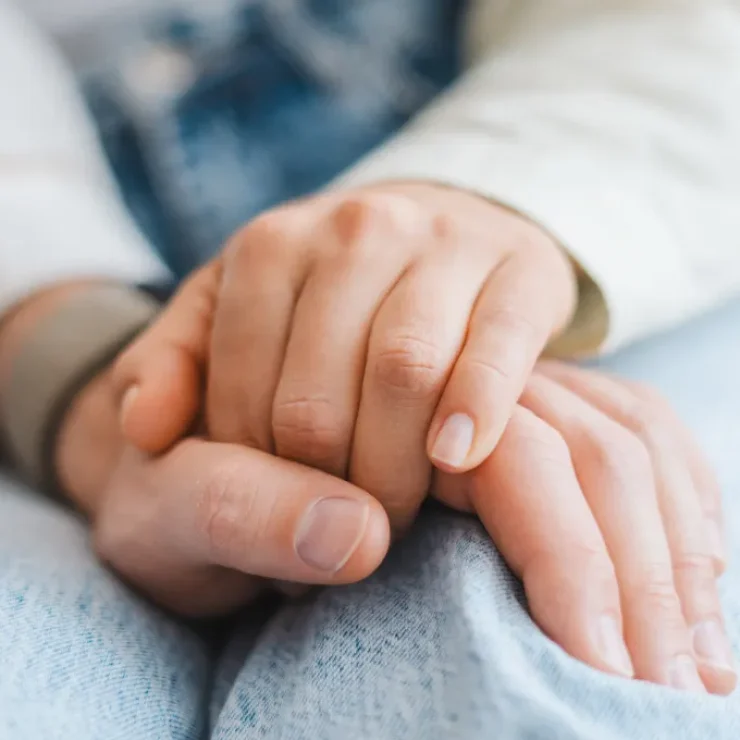
Children Therapy
category:
Packaging
date:
November 22, 2024
services:
Group Therapy
team:
Dr. Hanna Peterson
Group Therapy: A Path to Healing Together
Group therapy is a powerful therapeutic approach where individuals come together in a supportive environment to share their experiences, challenges, and progress. Led by a trained therapist, group therapy offers a unique opportunity to connect with others who may be facing similar issues, fostering a sense of community and collective healing.
Group therapy involves a small group of people who meet regularly to discuss their struggles and support one another in a safe and confidential setting. The group typically focuses on a specific issue, such as anxiety, depression, grief, or addiction, though some groups may address a broader range of topics. The sessions are facilitated by a licensed therapist who guides the conversation, ensures a respectful environment, and offers professional insights to help members navigate their challenges.
How Group Therapy Works
In a typical group therapy session, the therapist may begin by setting the tone for the meeting, discussing ground rules, or introducing a particular theme or topic. The therapist may also lead structured activities or discussions designed to explore certain psychological concepts or build specific skills.
- Shared Experiences
In group therapy, participants realize they are not alone in their struggles. Hearing others’ stories can be incredibly validating and comforting, helping to reduce feelings of isolation.
- Peer Support
Group members offer support, encouragement, and feedback to one another. This peer interaction can be just as valuable as the guidance provided by the therapist, creating a sense of solidarity.
- Different Perspectives
Group therapy provides a variety of viewpoints on common issues. By listening to others, participants gain new insights into their own problems and learn different coping strategies that they might not have considered on their own.
Group therapy can be an effective treatment for a wide range of psychological issues, including depression, anxiety, trauma, addiction, and relationship problems. It’s particularly beneficial for individuals who thrive in social settings and can gain from the support and shared experiences of others. If you’re considering group therapy, it’s important to choose a group that aligns with your specific needs and goals. Talking to a therapist can help you determine if group therapy is the right approach for you and guide you in finding a suitable group.







